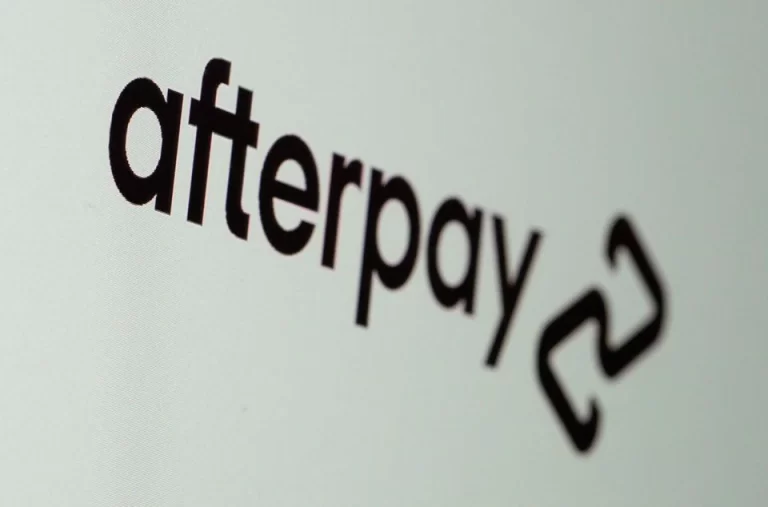
SYDNEY, (Reuters) – Australia’s central bank said buy now, pay later (BNPL) firms will no longer be able to prohibit merchants from passing on surcharges for their services, robbing the fast-growing sector of one of its key advantages.
Following a two-year review, the Reserve Bank of Australia said on Friday it was now engaging with Treasury on “regulatory approaches” to enforce its decision – a move fiercely opposed by the industry.
The central bank noted BNPL services tend to be quite expensive for merchants to accept and it “has now concluded that there is a public interest case for BNPL providers to remove their no-surcharge rules.”
Australia is home to some of the world’s biggest BNPL firms including Afterpay Ltd, (APT.AX) which this year agreed to be bought by Square Inc(SQ.N) for $29 billion. Afterpay’s shares were slightly lower in Friday trade while shares of rivals Zip Co Ltd (Z1P.AX) and Sezzle Inc fell 1.8% and 0.7% respectively.
Analysts at Bernstein and UBS said the RBA’s new position was likely to affect Afterpay the most, given its reliance on high merchant fees to fund its business model. UBS also said there was a “strong risk” that overseas regulators could impose similar restrictions on the BNPL industry.
Matthew Wilson, an analyst at Evans and Partners Ltd, said the changes would be a “minor issue” for Afterpay because its platform was already entrenched in Australia and valued among merchants.
Afterpay said such changes were not expected to have a material impact, but that any reform should be subject to “policy processes” of government and parliament.
The RBA’s move is a step in levelling the playing field with banks and credit card providers, who cannot ban merchants from passing on their fees to customers.
However, the BNPL sector is still not bound by Australia’s credit or responsible lending laws, primarily because it does not charge interest.
A 2019 survey conducted by the RBA found about half of BNPL users would switch to an alternative payment method if faced with a hypothetical surcharge on BNPL payments.
Zip Co said it recognised “the RBA’s new position on surcharging and will engage with Treasury on what this may entail”.
The RBA also said it would force eight banks and debit card issuers with about A$4 billion in annual debit transactions to give merchants a multiple network option that would allow payments to be processed more cheaply.
A multiple network option allows businesses to choose cheaper domestic systems instead of the prevalent but more expensive Visa Inc (V.N) and Mastercard Inc (MA.N) networks.
Other changes include requiring offshore firms to publish interchange fees on transactions on foreign-issued cards on their websites “which will be a low-cost way of shining a light on these relatively high fees,” its 108-page report said.






